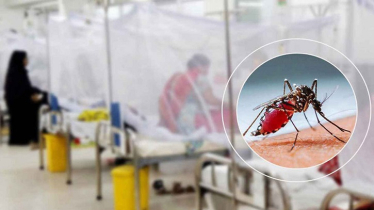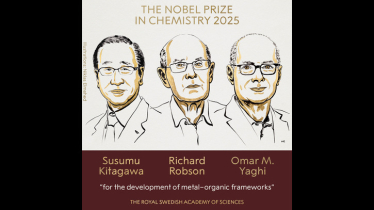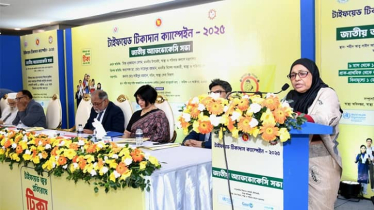
Three scientists—Mary E. Blanco and Fred Ramsdell from the United States, and Simon Sakaguchi from Japan—have been awarded the 2025 Nobel Prize in Physiology or Medicine for their groundbreaking discoveries related to peripheral immune tolerance in humans.
The announcement was made on Monday at 3:30 p.m. Bangladesh time by the Karolinska Institute in Stockholm, Sweden.
Peripheral immune tolerance is a protective process that prevents the body from reacting against its own antigens while still recognizing harmful antigens. The Nobel Committee noted that the laureates identified regulatory T cells, key “security guards” of the immune system, laying the foundation for an entirely new field of research.
Their discoveries have already contributed to the development of potential therapeutic approaches, now being evaluated in clinical trials. These innovations hold promise for the treatment and potential cure of autoimmune diseases, more effective cancer therapies, and the prevention of severe complications following stem cell transplantation.
The announcement of the Nobel Prize in Medicine marks the beginning of this year’s Nobel season, with prizes awarded across six categories. The 2025 winners in Physics, Chemistry, Literature, Peace, and Economics will be announced on subsequent days, culminating in the award ceremony on December 10.
The Nobel Prizes are funded through the legacy of Alfred Nobel, the inventor of dynamite, and are awarded annually to recognize outstanding contributions in various fields.
Last year, the Nobel Prize in Physiology or Medicine was awarded to Victor Ambros and Gary Ruvkun for their discovery of microRNA and its role in post-transcriptional gene regulation. MicroRNA, a type of small ribonucleic acid (RNA), plays a crucial role in regulating gene expression in multicellular organisms, providing insight into the function of various organs and cellular activities.





